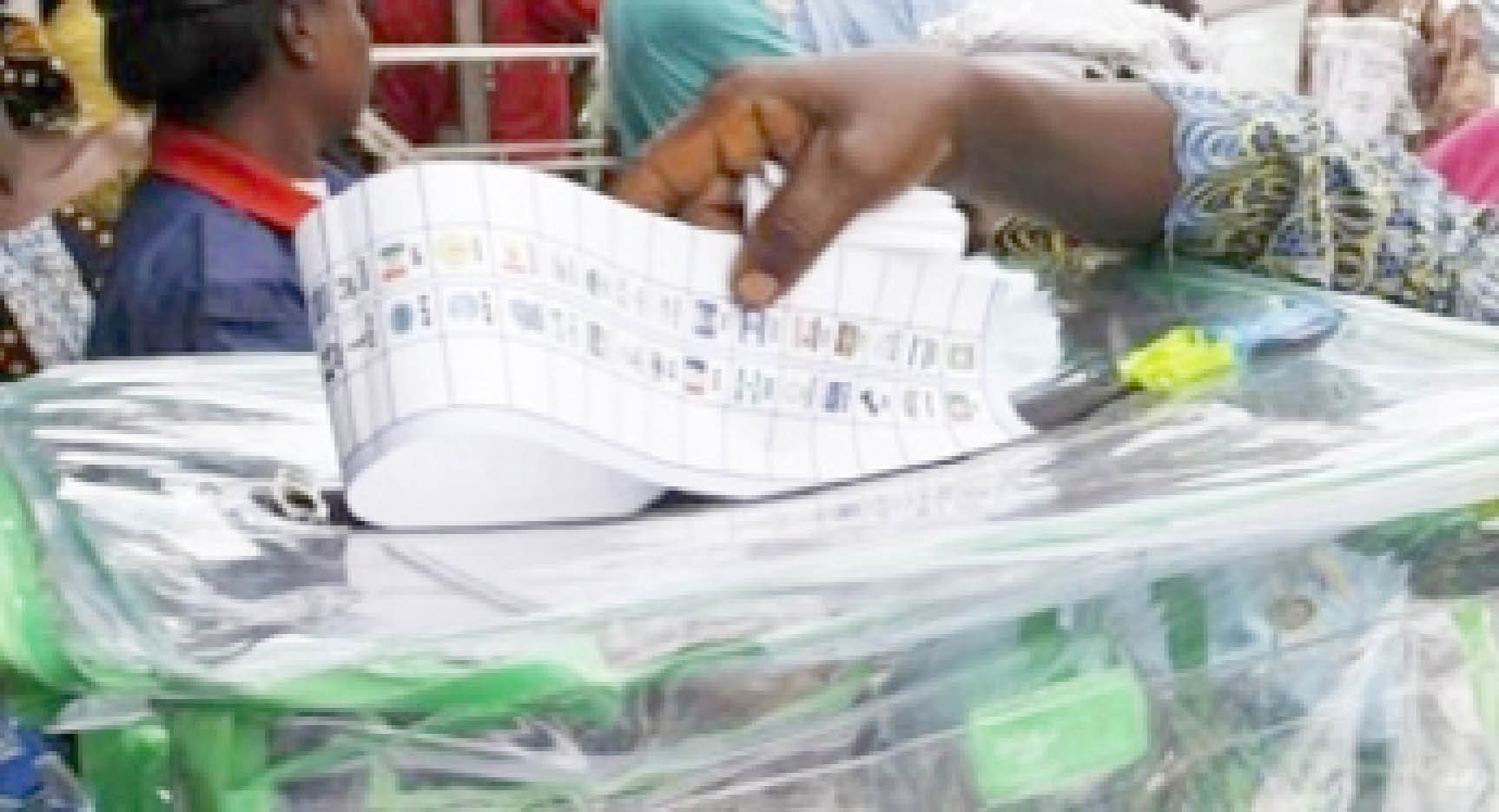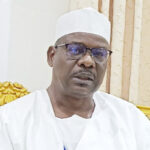Security has become the cornerstone for the conduct of free, fair and credible elections. In fact, as Nigerians go to the polls for the federal and state-wide elections on February 25 and March 11, 2023, respectively, the nation’s defence, security agencies and paramilitary agencies will be on full display.
They include personnel from the Nigerian Army, Navy and Air Force, Police, the Department of State Services (DSS), Nigeria Security and Civil Defence Corps (NSCDC), Federal Road Safety Corps (FRSC) and the Federal Fire Service.
And among the routine election duties, the armed services and sister agencies would be battling to keep non-state actors at bay in the six geo-political zones. Therefore, the mobilisation is expected to be massive.
By election day, these agencies are expected to deploy up to 95 per cent of their personnel for security-related duties. They are to secure the 176,846 polling units (PUs) with over 200,000 Bimodal Voter Accreditation System (BVAS). They are also to secure the 1.4 million ad-hoc staff engaged for the conduct of the elections, including party agents, election observers and voters themselves.
Even before the elections proper, the Nigerian Air Force (NAF) has deployed the C-130 Hercules aircraft to support the Independent National Electoral Commission (INEC) to airlift its staff and logistics, conveying both sensitive and non-sensitive electoral materials to various airports across the country.
Since November 2022, in a move to protect the assets of the electoral body from continuing incidents of attacks, the federal government deployed DSS personnel, soldiers, police, NSCDC and other operatives as well as that of the Federal Fire Service to INEC offices nationwide.
It has also directed the services to enhance intelligence gathering, sharing and utilisation of same to stem acts of political violence, which have assumed increasing dimension in recent weeks.
On Wednesday, June 24, 2020, INEC released the Code of Conduct and Rules of Engagement for Security Officials on Electoral Duty following its consideration of a report from the Inter-Agency Consultative Committee on Election Security (ICCES).
The document was signed by the National Security Adviser, INEC chairman and the Inspector General of Police and it streamlined the operations of all security agencies in line with section 160 of the Constitution of the Federal Republic of Nigeria 1999 (as amended) and section 153 of the Electoral Act 2010 (as amended), which empowers the electoral body to make rules to guide the conduct of elections.
The Code of Conduct and Rules of Engagement for Security Officials on Electoral Duty serves as a uniform standard of conduct to guide the behaviour of all security agents from various agencies involved in election duty.
They all deal with rules on general conduct, duty parade, briefing/debriefing, dress and accoutrement, managing political parties’ convention/rallies, and crowd control, use of force and lethal weapon, escorting and protecting election materials, the procedure of arrest, command and control and other salient electoral security rules.
Prior to the release of the ICCES harmonised document, security agencies involved in election duty implemented their respective codes of conduct for their personnel.
Now, each agency has reviewed its Rules of Engagement and Code of Conduct in line with the centrally approved guidelines and proactively mass-produced them into pamphlets to guide deployed personnel during the general elections.
With this, all personnel are instructed to remain neutral, non-partisan and transparent in all their actions as there is zero-tolerance for any action and inaction by commanders, at all levels, that is deemed tilted towards giving undue advantage to any candidate, political party, ethnic or religious leanings to the detriment of the unity and integrity of Nigeria.
We, at Daily Trust, commend the efforts taken so far and ask that the authorities must not relax enforcement before, during and after the elections.
The days of unnecessary militarisation of the electoral process through massive deployment without uniform guidelines, which heightened voter apathy, human rights violations, strained civil-military relations should be over.
President Muhammadu Buhari on December 5, 2022, in Sokoto re-emphasised this as he told the military and sister agencies to remain apolitical and continue to operate within the framework of the constitution to ensure the successful conduct of the 2023 general elections.
Towards this, the armed services must ensure that the activities of non-state actors do not in any way interfere with the elections. They should use the remaining weeks to restore normalcy in perceived volatile areas to enable elections to hold, especially in the South-east region where members of the proscribed Indigenous People of Biafra (IPOB) and support elements are threatening to stop the conduct of elections.
Also, the deployment of military hardware, fighter jets and helicopters to monitor the conduct of elections should not scare voters or election observers. There must be no intimidation and unlawful arrest of voters or election officials.
We call for strict adherence to the laid down rules. The old habits of being pawns in the hands of politicians must not reoccur. Security operatives must not block local and foreign election observers from gaining access to collation centres; and voters and electoral officers should not be harassed.
This election should be made a showpiece of the best of Nigeria with the nation’s defence and security operatives showing enviable accountability.

 Join Daily Trust WhatsApp Community For Quick Access To News and Happenings Around You.
Join Daily Trust WhatsApp Community For Quick Access To News and Happenings Around You.


